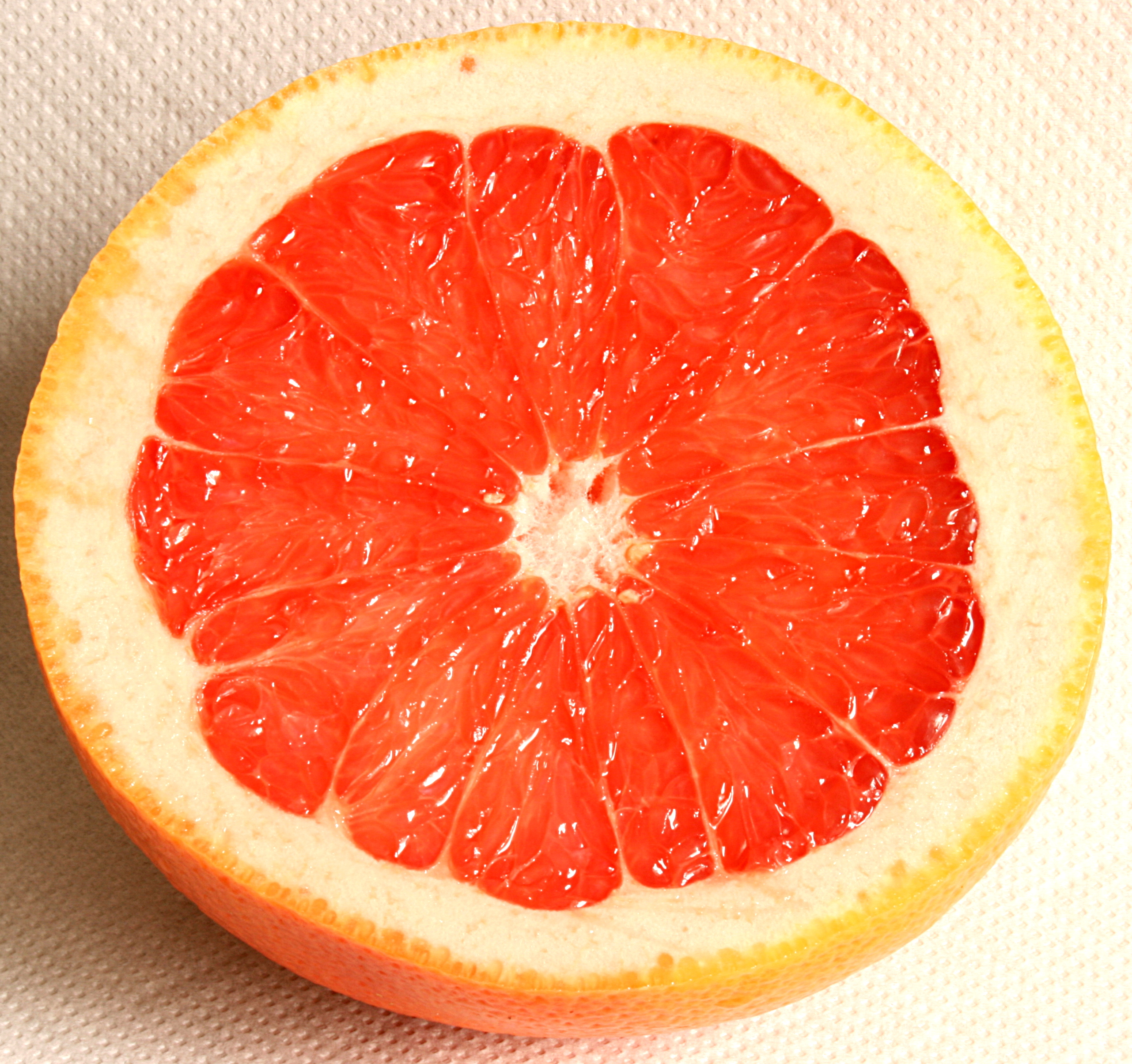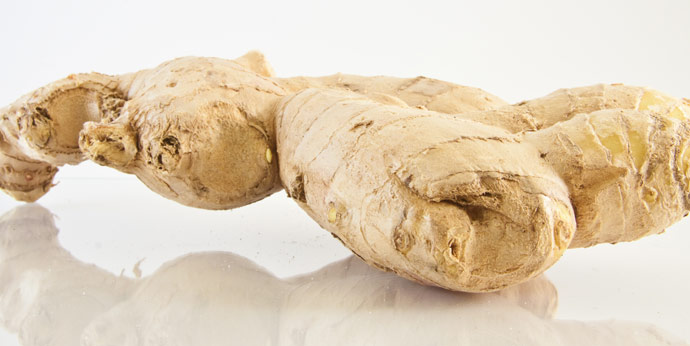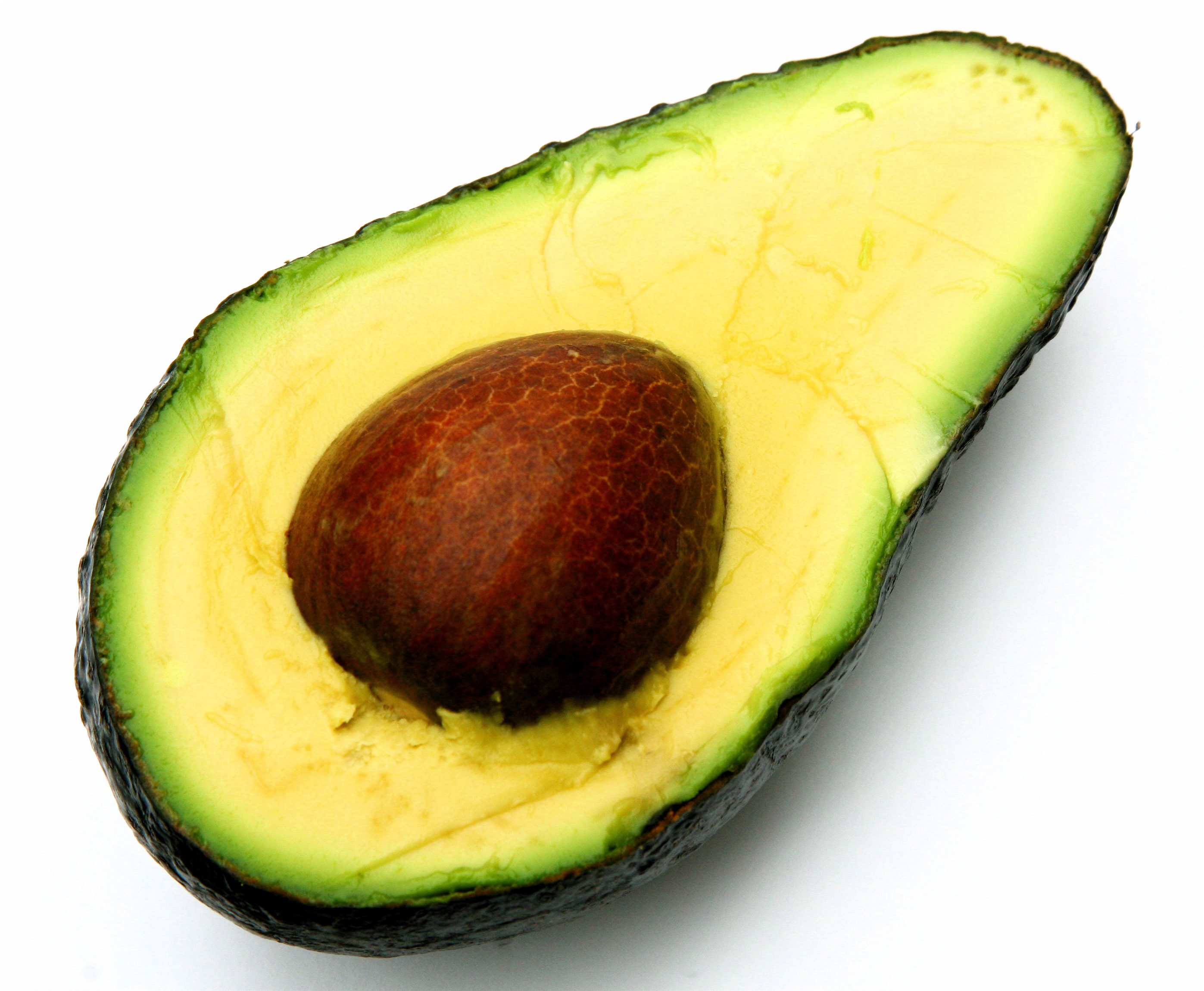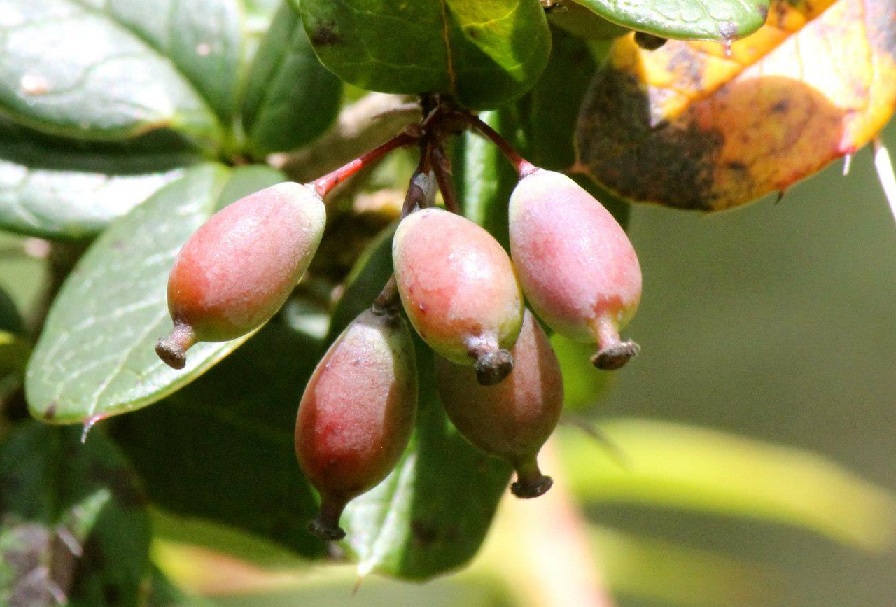
by Gill | Nov 14, 2016 | Most Recent
Flavonoids are a group of plant pigments largely responsible for the colors of many fruits and flowers. Flavonoids are also responsible for the medicinal actions of foods, juices, herbs and bee pollen and are now known to be directly related to their flavonoid...

by Gill | Oct 24, 2016 | Most Recent, Weekly Health Tips
Does ginger work as well as prescription drugs for migraines? New research shows that it does. Migraines are estimated to affect more than 28 million Americans. These headaches are caused by excessive dilation of blood vessels in the head and are characterized by a...

by Gill | Oct 23, 2016 | Weight Loss
Introduction: Lets face it, most Americans are overfed, but undernourished. It is entirely possible that one of the contributing factors to the obesity epidemic is actually a shortage of the various phytochemicals our body utilizes to promote health. Our bodies may...

by Gill | Oct 23, 2016 | Cancer
Introduction: While many people are somewhat afraid of eating avocados because of their high fat content, research shows many health benefits are attributed to this wonderful fruit. In fact, in an exciting new study conducted at the University of Waterloo in Canada, a...

by Gill | Oct 22, 2016 | Most Recent
One of the most exciting natural products in current medical research is berberine, an alkaloid found in goldenseal root, barberry bark, Oregon grape root, and coptis (goldthread) root. What is so exciting about the research is: • The results from clinical trials in...








